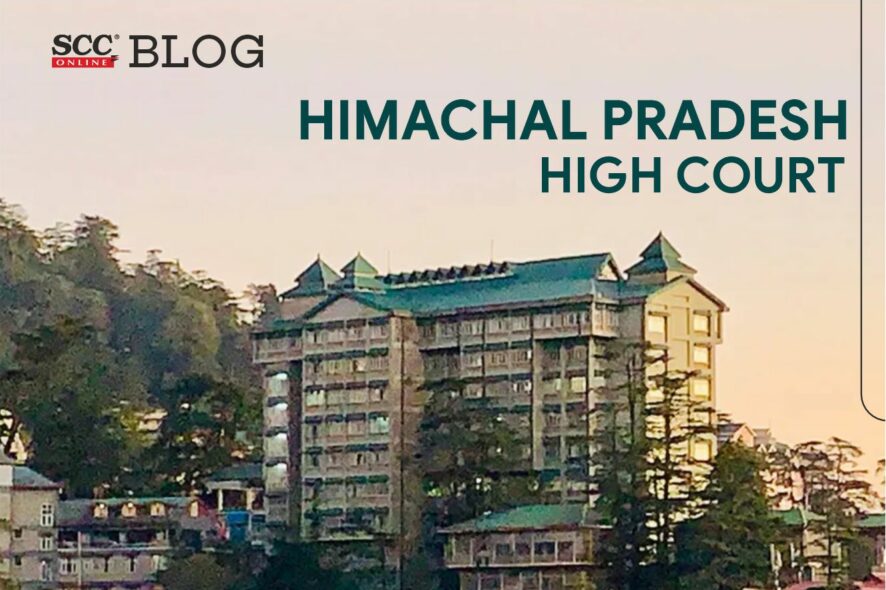Himachal Pradesh High Court: In the case where it was argued before the Court that the Arbitration and Conciliation Act, 1996 (for short “1996 Act”) does not provide for any remedy to challenge an arbitral order and was hence, against the “public policy of India”, Satyen Vaidya J. observed that,
“The term “public policy of India” carries within it innumerable facets. It is altogether a different thing to say that there is no immediate remedy available to the petitioners than to say that they have no remedy at all.”
The observation came after the Court noted that a party to arbitration proceedings has a remedy to challenge the award passed in such proceedings under Section 34 of the 1996 Act. An application was filed by the petitioners under Order 11, Rules 1 & 2 read with Section 151 of the Code of Civil Procedure (for short “CPC) seeking reply of the respondents, who are claimants before the Arbitrator, to the interrogatories formulated on behalf of the non-claimants/petitioner which was thereby dismissed. The grounds for dismissal were firstly, that the application was not maintainable before filing of written statement and secondly, that without the written statement of the petitioners herein on record, the application was premature as the relevance of the interrogatories could not be adjudged. Aggrieved by this, an instant petition was filed.
The Court observed that Section 5 of Arbitration and Conciliation Act, 1996 (for short 1996 Act) starts with a non obstante clause, strictly prohibiting intervention by any judicial authority in matters governed by Part-I of 1996 Act except where so provided in such part. The intent of legislature is loud and clear. By making the 1996 Act a complete Code and incorporation of provision like Section 5 thereof arbitral proceedings were not only kept independent but free from any unnecessary delays also. Thus, though Section 5 of the 1996 Act cannot be a clog on powers of constitutional courts, nevertheless such powers may also not be readily available.
Reliance was placed on SBP & Co. v. Patel Engineering Ltd., (2005) 8 SCC 618, wherein it was observed
“It is seen that some High Courts have proceeded on the basis that any order passed by an arbitral tribunal during arbitration would be capable of being challenged under Article 226 or 227 of the Constitution of India. We see no warrant for such an approach. Section 37 makes certain orders of the arbitral tribunal appealable. Under Section 34, the aggrieved party has an avenue for ventilating his grievances against the award including any in-between orders that might have been passed by the arbitral tribunal acting under Section 16 of the Act. The party aggrieved by any order of the arbitral tribunal, unless it has a right of appeal under Section 37 of the Act, has to wait until the award is passed by the Tribunal. This appears to be the scheme of the Act.
… We, therefore, disapprove of the stand adopted by some of the High Courts that any order passed by the arbitral tribunal is capable of being corrected by the High Court under Article 226 or 227 of the Constitution of India. Such an intervention by the High Courts is not permissible.”
The Court, hence, refrained from adjudicating on the merits of the impugned order as being not maintainable and held that“the arbitrator though having trappings of tribunal, yet the impugned order will not be amenable to challenge under Article 227 of the Constitution of India.”
[V. Kare Biotech v. Hemant Aggarwal, 2022 SCC OnLine HP 2972, decided on 21-06-2022]
Advocates who appeared in this case :
Subhash Sharma, Advocate, for the petitioner;
Sanjeev Kuthiala, Sr. Advocate and Anaida Kuthiala, Advocate, for the respondent.






